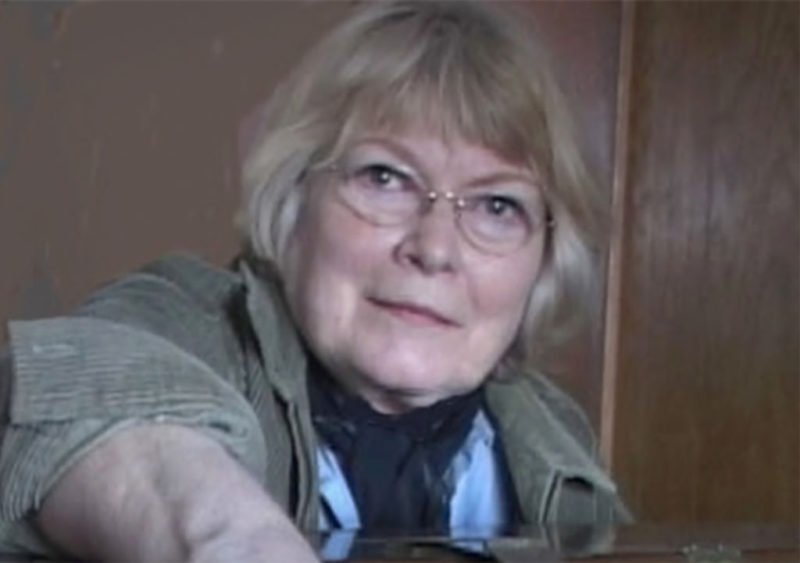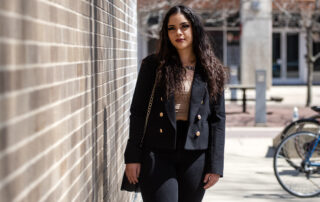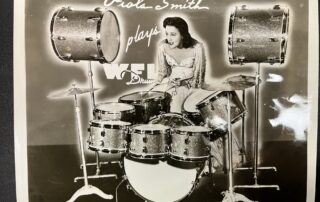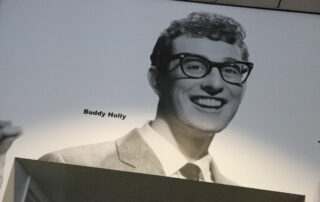Jazz legend Joan Wildman doesn’t perform much anymore. But she’s made indelible mark on the students she taught at UW-Madison and the people, like Dean Robbins, who tells us about this remarkable artist.
After moving to Madison in the 1980s, I wanted to hear some good local jazz. A fellow jazz fan suggested checking out keyboardist Joan Wildman, a music professor at the University of Wisconsin-Madison.
My first chance to see Wildman’s trio was in the most stuffy setting imaginable—the university art museum on a Sunday afternoon. The audience sat in neat rows, and Wildman came out looking like a beloved middle-aged professor, in spectacles and wearing a kindly smile. I settled in for what I thought would be an hour of polite jazz.
Little did I realize that Joan Wildman was about to blow up time and space.
She attacked a DX7 synthesizer, calling forth unearthly sounds. The constantly morphing tones and textures went beyond normal categories of beauty and ugliness. The compositions alternated between elegantly written sections and startling free-form improvisation.
With its solos, its rhythmic momentum, and its nods to the blues, this was clearly jazz of some sort. But its unique brilliance made labels meaningless. I don’t know about the rest of the Sunday afternoon audience, but I staggered out of the art museum wondering what had just hit me.
I had to find out who this woman was. Did she come from arty Greenwich Village, the daughter of an avant-garde classical composer and a boogie-woogie pianist?
No, not by a long shot. Joan Wildman grew up on a Nebraska ranch, isolated from urban culture. She took piano lessons from a small-town teacher who despised contemporary music.
Then, 12-year-old Joan began picking up a radio station from faraway Little Rock, Arkansas. For the first time, she heard blues and gospel, and she felt this language in her bones. There followed one musical discovery after another, from Charlie Parker’s bebop to John Cage’s modernist experiments.
In college Wildman had to choose between classical music and jazz. Anyone might have guessed the outcome, given her deep devotion to improvisation. This is a woman who would sooner go into another line of work than play a composition the same way twice. She’s all about expressing herself spontaneously and touching listeners in the moment. For her, jazz improvising isn’t just a musical approach—it’s a way of life.
Now in her 70s, and retired from UW-Madison, Wildman still delights in exploring new sounds. In fact, this commitment to her work is probably what kept her from becoming more famous. She cared less about advancing her career than about immersing herself in the creative process. Her determination to push onward to the next musical frontier taught me that as long as you keep searching, you never stagnate.
I feel sorry for people around the world who never got to hear Joan Wildman. But I sure am grateful to have this one-of-a-kind artist right here in Wisconsin.











